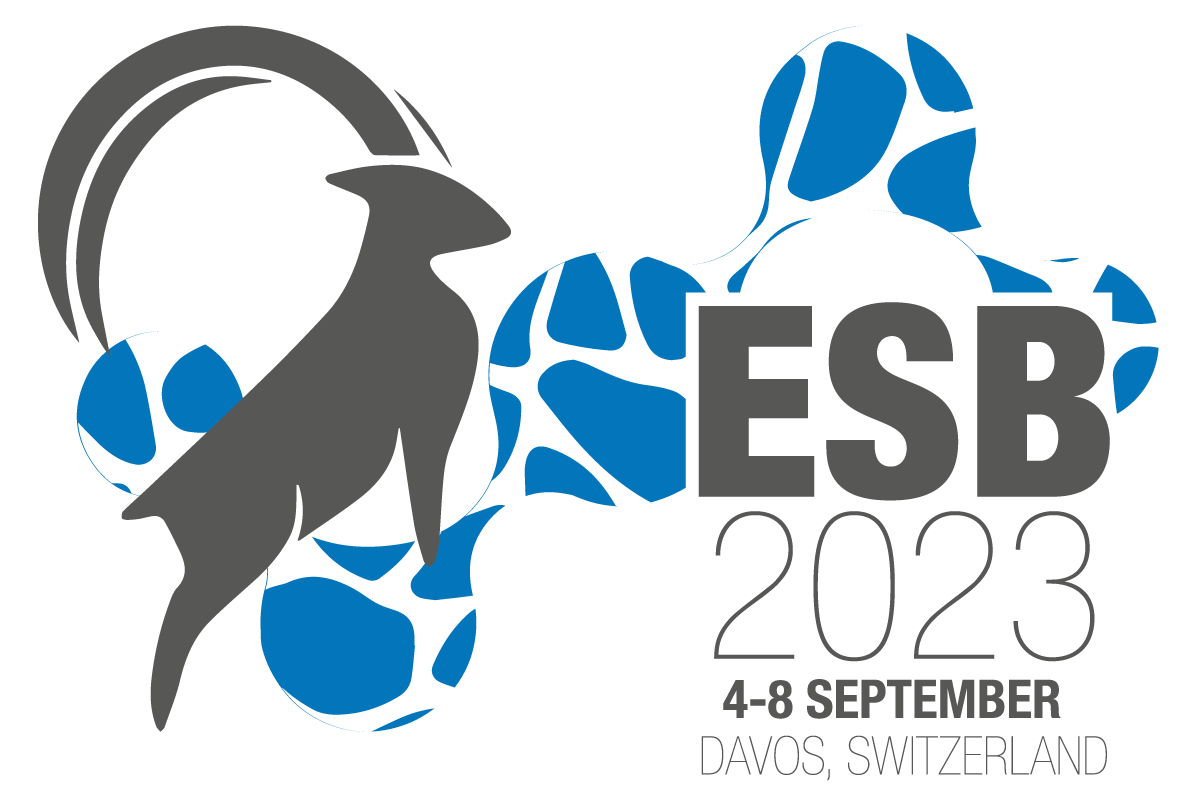This award is attributed to a postdoctoral scientist presenting the best contribution in translational research at the Biomaterials conference of the Society.
The ESB council gives this award. The winner is given a certificate and an honorarium of 300 €. Winner will be notified during the closing ceremony of the annual ESB conference.
The nominee doesn’t need to be a citizen of a European country.
The candidate must fulfill the following criteria:
- The candidate must be a postdoctoral scientist who has completed their PhD less than five years prior to the congress (a copy of the PhD showing the submission date of the PhD work is required).
- The applicant must have an accepted abstract at the ESB annual meeting and should be the presenting author (first author).
- The research study must be devoted to specific clinical applications and give an evidence of clinical potential through in vivo models and/or clinical tests while proving its industrial feasibility. Indications of IP protection and industrial involvement will be considered as added values.
Application deadline for the ESB translational research award is upon abstract submission to the annual ESB conference. The candidates should indicate on the Abstract Submission Form if they wish to be considered for the award.
The Translation award is attributed to a PhD or postdoctoral scientist (with PhD obtained less than 5 years at the time of the ESB Conference) presenting the best contribution in translational research at the ESB Conference. This award was set up from the kind donation by Geoff Richards, Marc Bohner and Christine Wandrey of the Swiss Society for Biomaterials and Regenerative Medicine following their hosting of the 22nd Annual Conference of the European Society for Biomaterials (ESB 2009).
The overarching theme of ESB 2009 was to connect biomaterial research with current clinical problems to produce progressive translational research and was the venue to present and discuss basic, applied/translational and clinical research in a multi-disciplinary environment.
This award is attributed to a postdoctoral scientist presenting the best contribution in translational research at the Biomaterials conference of the Society.
The ESB council gives this award. The winner is given a certificate and an honorarium of 300 €. Winner will be notified during the closing ceremony of the annual ESB conference.
The nominee need not be a member of the European Society for Biomaterials nor a citizen of a European country.
The candidate must fulfill the following criteria:
- The candidate must be a postdoctoral scientist who has completed their PhD no earlier than five years prior to the congress (a copy of the PhD showing the submission date of the PhD work is required).
- The applicant must have an accepted abstract at the ESB annual meeting and should be the presenting author (first author).
- The research study must be devoted to specific clinical applications and give an evidence of clinical potential through in vivo models and/or clinical tests while proving its industrial feasibility. Indications of IP protection and industrial involvement will be considered as added values.
Application deadline for the ESB translational research award is upon abstract submission to the annual ESB conference. The candidates should indicate on the Abstract Submission Form if they wish to be considered for the award.
The Translation award is attributed to a PhD or postdoctoral scientist (with PhD obtained less than 5 years at the time of the ESB Conference) presenting the best contribution in translational research at the ESB Conference. This award was set up from the kind donation by Geoff Richards, Marc Bohner and Christine Wandrey of the Swiss Society for Biomaterials and Regenerative Medicine following their hosting of the 22nd Annual Conference of the European Society for Biomaterials (ESB 2009).
The overarching theme of ESB 2009 was to connect biomaterial research with current clinical problems to produce progressive translational research and was the venue to present and discuss basic, applied/translational and clinical research in a multi-disciplinary environment.
